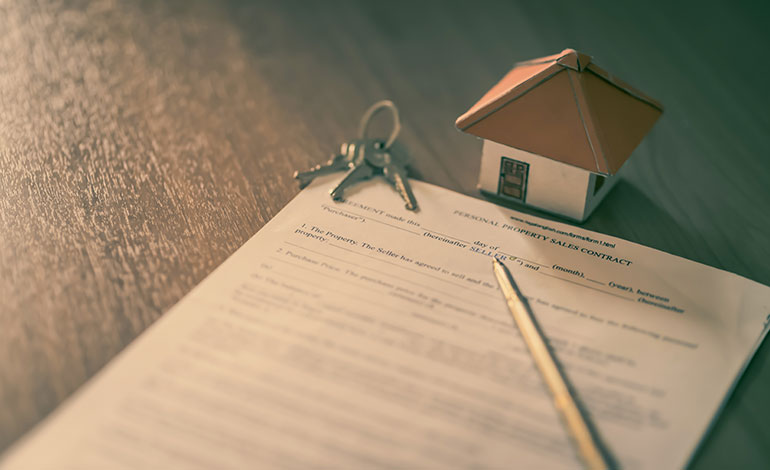How Do Rental Property Loans Work?

The single family rental property market in the U.S. makes up a huge market and it is still growing strong. It is mainly owned by local real estate investors. These rentals offer some attractive benefits such as an inflationary hedge, potentially stable monthly income and appreciation, and tax advantages. The demand for these rentals is strong and has been increasing so far, as many people start to get married or they retire during old age. If you have ever bought your own residence, this process of financing a rental property will feel similar. There are some key things that you have to know. Read on to learn more about how rental property loans actually work!
What is a Rental Property Loan?
A rental property loan is also known as a first lien mortgage loan. To qualify for the loan, the property has to be rent-ready. The tenant is usually long-term, but rental property loans are used for short-term rentals as well, such as vacation rentals.
What is an Investment Property?
An investment property is a property that people buy to generate income. This is achieved by renting the property out to tenants. The investment properties that are allowed to qualify for rental property loans include condos, single family rentals, and town homes.
Rental Property Loans vs. Conventional Home Loans
There are some basic similarities between the two. For both of them, you have to fill in an application. This may be more comprehensive than the application you filled out when purchasing your home. The lender will then pull your credit and order an appraisal and open title. These are some of the differences between rental property loans and conventional home loans.
Down Payments
Rental property loans require larger down payments. It will probably cost you about 20%.
Higher Interest Rates
Fees and interest rates tend to be higher for rental property loans. Expect them to be 100 to 400 basis points more than an owner-occupied property. The basis is a hundredth of a percent. If a home loan is 4.5%, then the rental property loan for the same property would be 5.5% or more.
Higher Reserve Requirements
You need to prove that you have liquid cash reserves that are equal to the closing costs and down payment plus 6-12 months of your monthly principal, insurance, interest, taxes, and any dues. If you have more than one rental property, there are lenders who need you to prove reserves for all the rental properties.
Documentation
For your home loan, the lender would be interested in your employment history and personal income. You may need to show pay stubs and your personal tax returns. The lender would have asked you to represent that you were still employed in the same job as when you started the loan process.
Grow Your Real Estate Business with InstaLend InstaLend provides you with access to capital at the best rates. We offer you new construction loans, single family rental loans, and more. You can trust us to be your capital partners. Feel free to contact us for more information.









